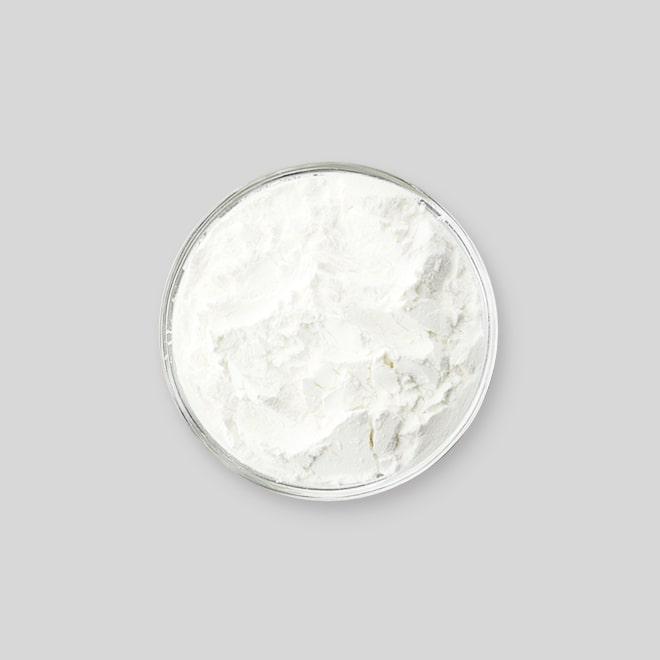Cornstarch




Known for its multifunctional uses, cornstarch is a fine, powdery starch made out of corn. The starch is obtained from the endosperm of the corn, which makes up most of the kernels that we eat for corn on the cob and popcorn.
Cornstarch has varying culinary uses but it is most commonly used as thickening agent for sauces and gravies, and is included in many baked good recipes alongside flour.
Cornstarch may be stored indefinitely but should be kept in a cool, dry area. Keep package tightly closed.
Add cornstarch to any spills to help soak up any greasy or oily stains. Let sit for at least 20 minutes and then vacuum.
Sprinkling a bit of cornstarch onto your scalp is a good alternative to dry shampoo as it will help soak up any oils.
Adding a bit of cornstarch to a stubborn knot can help untangle it.
A mixture of cornstarch and water can be used as a polishing agent for silver, soothing sunburn, and relieving the itchiness of a bug bite.
Cornstarch has about twice the thickening ability of flour.
Cornstarch is gluten-free.
To help thicken up runny sauces, combine equal amounts of cornstarch and cold water in a small bowl until smooth and the consistency of heavy cream; slowly stir into the sauce until it reaches the desired consistency.
Cornstarch is a great addition to shortbread recipes as it creates a very crumbly and tender texture in the finished product.
Coating small pieces of chopped meat, seafood, and veggies that are being sauteed can give you a crispy coating after a super short time in sizzling oil.
Cornstarch is a great binding agent for pudding, custard, and pie fillings.
Adding a small amount of cornstarch to all-purpose flour can make it a good substitute for cake flour.
Cornstarch can be used to help treat hypoglycemia. Uncooked cornstarch digests slowly and supplies a slow, steady stream of glucose, which may help to prevent low blood sugar, especially at night during sleep.
Cornstarch contains small amounts of some essential minerals, including calcium, magnesium, phosphorus ,iron, potassium and zinc.
Corrections or improvements? Email us at
content@sidechef.com